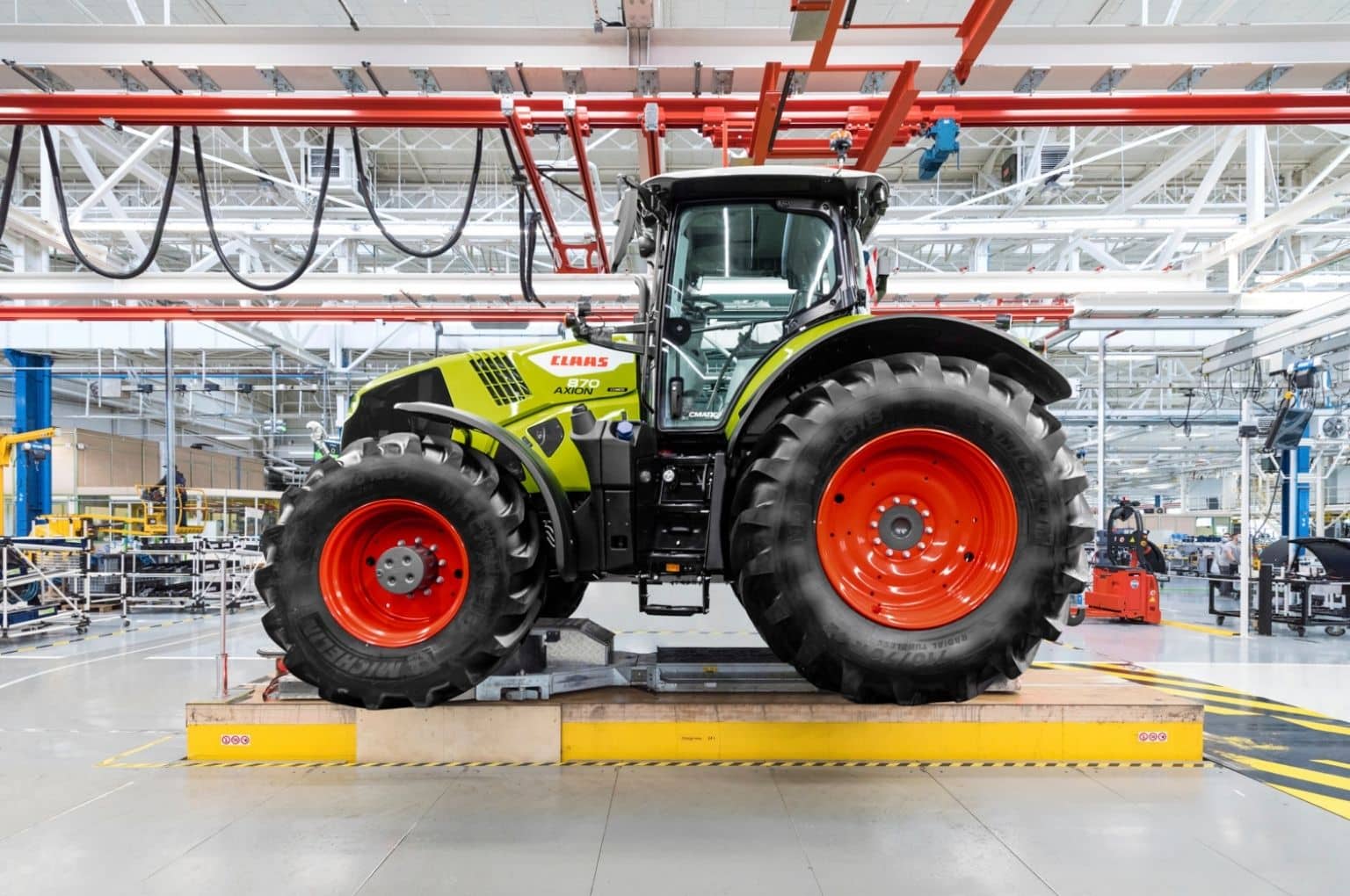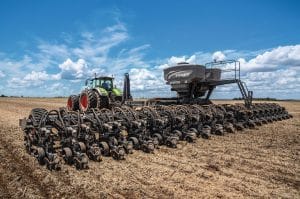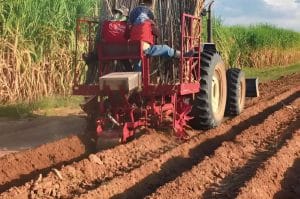Claas is presenting its more than 10 production sites worldwide, with the slogan “Many Places. One Passion.” Interviews with employees and managers, features and videos offer personal and unique insights into everyday working life, providing an impression of the sites that goes beyond just the hard facts.
International yet united by a shared love of agricultural machinery, this is the core message of “Many Places. One Passion.” The videos, features and interviews on the dedicated landing page showcase the international production sites at Claas and place a clear focus on the people working there.
Claas operates more than ten plants around the world. What unites them all: a passion for agriculture. And: If it’s got Claas written on it, Claas is inside it – from the products to the corporate culture. But how does the Group manage to adhere to the highest standards at a global level and still create a community? Anyone interested in the answers can visit a new landing page on the Claas websites to learn more.
Different countries – one corporate culture
The Claas factory in Gaomi, China, home, among others, to the Dominator 370 and Dominator 260 combine harvesters for sales regions in Asia, Africa and South America, got the ball rolling, followed by Le Mans and Harsewinkel, which play a key role in the Claas Group as the principal plants for tractors and self-propelled harvesters.
With total investments topping €80 million over the last four years, implemented via the Claas Forth and SynPro 2020 projects, the two production facilities in France and Germany are establishing new industry benchmarks. Other locations such as Chandigarh in India – production site for the Crop Tiger, the Dominator 40 and the Paddy Panther – Omaha in the USA and Törökszentmiklós in Hungary are scheduled to follow in the months ahead.
For the global production and competence network, the main challenge is not just getting skills, training standards, professional experience and IT systems up to a unified standard. With differing cycle times and volumes across the production sites, each requires a different approach in order to maintain and harmonise the premium quality standards that epitomise the Claas machinery. In other words: experience from the international network within the Claas Group, must be brought into sync with particular local factors and circumstances.

![RightSpot Ad Template Digital-1400×190-px[76] Ag Leader RightSpot](https://world-agritech.com/wp-content/uploads/elementor/thumbs/RightSpot-Ad-Template-Digital-1400x190-px76-r316mmc0hgoob9qxmklllnnbxta1nlj7t2vjkoyeek.png)











